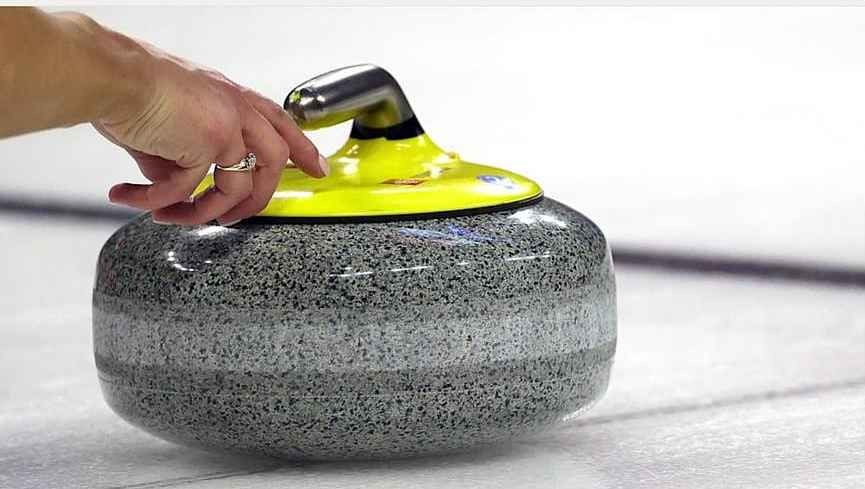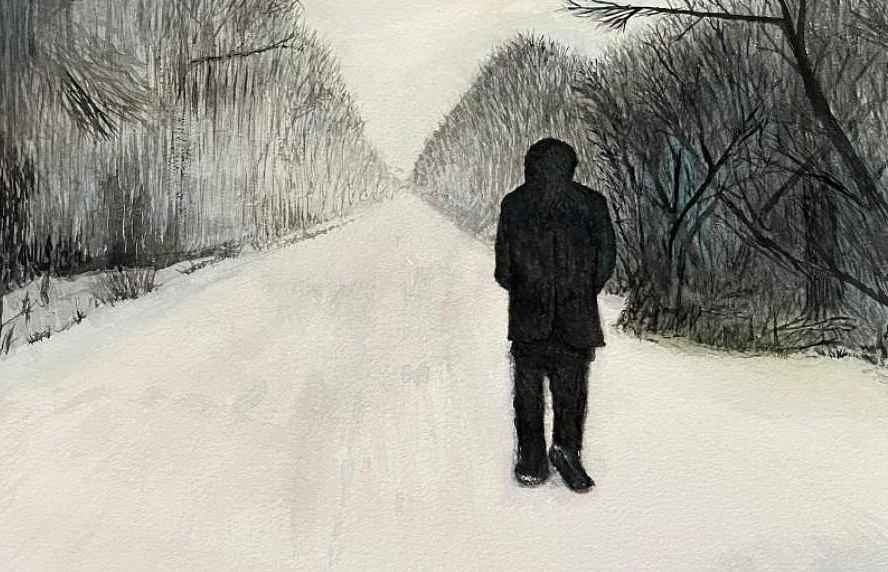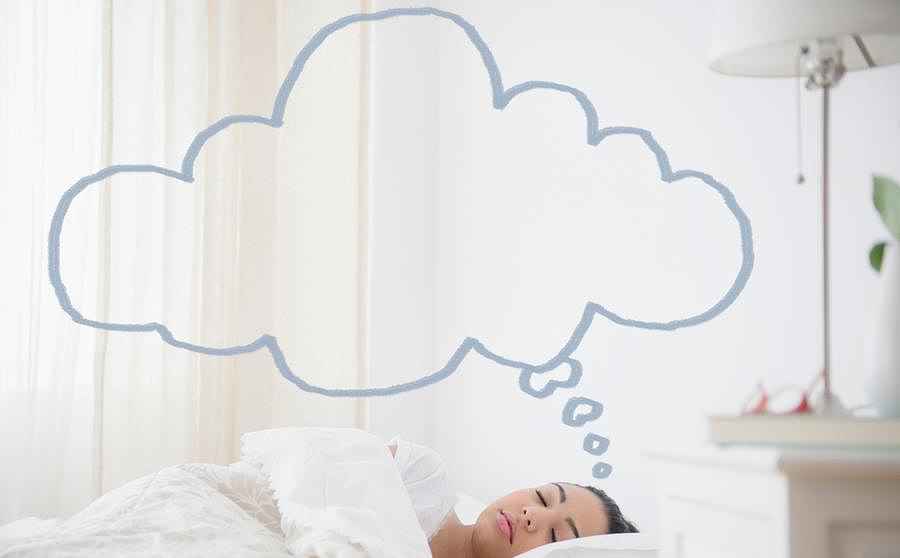






See listing of Recent and Most Popular articles on the Home Page
Health & Wellness
Category: Health & Wellness / Topics: Advice, Guidance & Mentoring • Optimal Aging • Research • Wellness
How Many Hours of Sleep Do Your Actually Need?
by Claire Maldarelli / Popular Science
Posted: July 30, 2022
It depends on how well you want your brain to work…
Editor's Note: Getting enough sleep? Exactly what is enough? Is it the same for everyone, with the rule-of-thumb 8 hours per night, or can some people do well on less or need more? Claire Maldarelli, writing for Popular Science, looks at the issue (we saw the article on Pocket). Following is an excerpt, with a link to the full article at the bottom of the page.
Sleep is a time suck. If you multiplied the average recommended number of hours we should sleep in a day—eight for a typical adult—by the number of days in an average lifespan (78.8 years in the United States), that would amount to about 9,587.3 days. That’s one third of your life spent unconscious. From an evolutionary standpoint, sleep is quite literally a waste of your time, yet it’s fought its way through countless years of adaptation in nearly every living animal on Earth. So it must be important, right?
In fact, researchers have found that sleep plays a vital role in the functioning of nearly every organ system in the body. At the same time, medical conditions, a busy schedule, and even the simple unavoidable act of aging constantly challenge the number of hours we allow ourselves. But that begs the question: how much sleep do we actually need? And can we train ourselves to need less?
First, let's talk about that eight hour figure that gets tossed around. It’s far from some arbitrary number. It's truly the number of hours we naturally crave, and there are two pretty strong pieces of evidence for it. In a series of experiments, researchers took study participants into a laboratory with no sunlight or other visual cues and, at night, gave them a non-negotiable, nine-hour-long opportunity to sleep. They did this each night for a number of weeks, and the results were always the same: even when provided with more time, humans will typically spend an average of eight hours catching up on their Zzz.
And that wasn't the only study to support the eight-hour sleep schedule. Back in 1938, a sleep researcher named Nathaniel Kleitman and one of his students spent 32 days living in Mammoth Cave in Kentucky, one of the longest and deepest caves in the world—an environment completely void of sunlight. When they analyzed their sleep patterns, they found that they, too, slept about eight to eight and a half hours per night.
But what happens when we deprive ourselves, as many Americans do, of all or some of these recommended hours? It turns out, a lot. In 2003, David Dinges and Gregory Belenky, both sleep researchers at the University of Pennsylvania and the Walter Reed Army Research Institute, performed some of the most pivotal studies on the consequences of sleep deprivation thus far. Their goal was to figure out how little sleep a person could get away with, without having it affect their cognitive performance.
At this point, Maldarelli goes into detial about two other studies aimed at seeing how little sleep people cold get away with. See the full article to read about them. Essentialy, there is a price to pay when we don''t get enough sleep.
“People think that sleep is like the bank. That you can accumulate a debt and then hope to pay it off at a later point in time,” says [Mattew] Walker [of the University of Calidornia, Berkley]. “And we now know that sleep is not like that.”
The brain has no capacity to get back all that it has lost, Walker explains. Why is this? Why haven’t we evolved a way to make up for lost sleep the same way we can make up for days of starvation by storing calories as fat? The answer, Walker says, is simple: “Human beings are the only animal species that deliberately deprive themselves of sleep.” There is no storage system for sleep in the brain because life never needed to create one.
Undoubtedly, many of you are reading this and scoffing. If you regularly get six hours of sleep and feel just fine, why should you waste your time trying to squeeze in more?
Consider this: after the first night of reduced sleep, researchers in Dinges’ study asked the participants in the six-hour-a-night group how well they thought they did on the day’s cognitive tests. They replied that they did well—great, even. However, when the study researchers actually compared the two performances, the tests completed after six hours of sleep were significantly worse than the ones done after eight hours of sleep. . . .
But perhaps there is a positive twist—in the form of a mid-afternoon nap backed by science. Researchers who have looked at cultures that remain completely untouched by electricity, such as the Hadza of Tanzania, found that, especially in the summer, these groups tend to sleep biphasically: packing in six hours a night, and then a few hours again in the afternoon. This begs the question, Walker says, of whether human beings should stay awake for sixteen hours straight. In fact, everyone goes through an afternoon lull. , , ,
One thing science knows for sure, however, is that the less sleep you get each night, the less cognitively aware you are the next day, the day after, and every day after that. Simple. . . .
But perhaps the most relevant thing to remember, Walker says, is this: When someone tells you the reason they can only get five hours of sleep is that they simply have too much to do, “I tell them, I’m sorry, but there’s an irony in your statement. The reason you are left with so much to do could likely be because you are only getting five hours of sleep and your cognitive functioning is deficient, so it's taking you forever to do everything."
Read the full article and see other available resouress.
Search all articles by Claire Maldarelli
Posted: July 30, 2022 Accessed 524 times
![]() Go to the list of most recent Health & Wellness Articles
Go to the list of most recent Health & Wellness Articles
![]() Search Health & Wellness (You can expand the search to the entire site)
Search Health & Wellness (You can expand the search to the entire site)
![]() Go to the list of Most Recent and Most Popular Articles across the site (Home Page)
Go to the list of Most Recent and Most Popular Articles across the site (Home Page)
 Loading requested view...
Loading requested view...